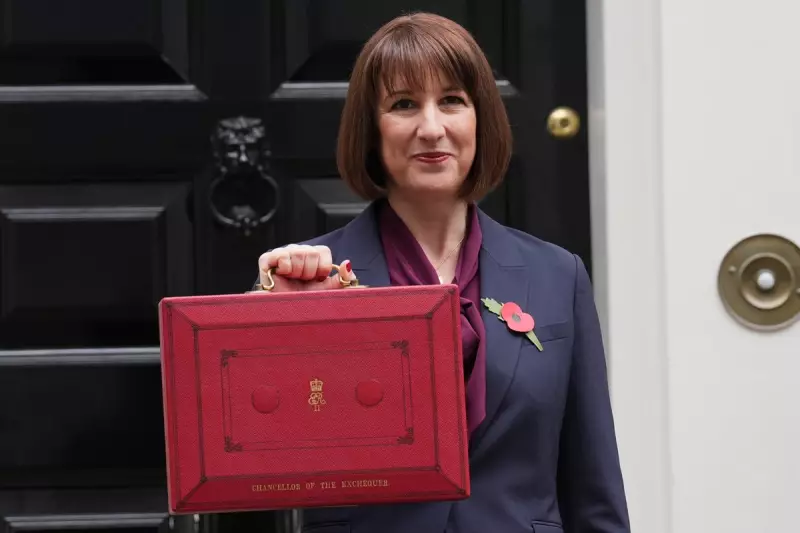
Chancellor Rachel Reeves prepares to deliver her second Budget on Wednesday 25 November 2025 in dramatically changed circumstances from her initial arrival at the Treasury.
From growth mission to damage control
When Rachel Reeves became the UK's first female chancellor on 5 July 2024, she declared economic growth her "number 1 mission", stating it was essential for funding Labour's public service improvements.
Eighteen months later, that optimism has evaporated. The Office for Budget Responsibility is expected to downgrade already low growth projections extending to 2029, forcing Reeves to abandon her growth-focused language entirely.
During a recent briefing with Labour MPs, the word "growth" didn't even pass her lips, signalling a significant shift in priorities amid political turmoil.
Five critical Budget objectives
With Labour polling below 20% and Nigel Farage's Reform party threatening at around 32% in polls, Reeves faces multiple challenges. Her Budget aims to achieve five key objectives.
Political survival and Treasury leadership
Remarkably, keeping her job has become an immediate concern. Reeves recently accused critics of "mansplaining" how to be chancellor, claiming this motivates her to prove her decisions are correct.
However, with public approval ratings at -52% according to More in Common polling, and growing backbench anger, her position appears vulnerable. Prime Minister Keir Starmer might see replacing her as necessary to save his own premiership.
Addressing the financial black hole
The chancellor faces a £20 billion black hole in public finances after several botched attempts to reduce spending.
Her effort to cut welfare by £5 billion annually was abandoned following a Labour backbench rebellion, while a U-turn on winter fuel payments cost another £1 billion per year.
Additional pressure comes from the estimated £3.5 billion cost of ending the two-child benefit cap. Consequently, the chancellor who initially promised tax cuts now faces implementing major tax hikes for the second consecutive year.
Preparing for global economic shocks
Throughout the Budget preparation process, Reeves has consistently emphasised the need for greater fiscal headroom to withstand global economic shocks.
Last year's less than £10 billion cushion was wiped out when Donald Trump's tariffs caused global economic chaos. The chancellor recognises that wars and other unforeseen disasters could derail UK spending plans.
Her resistance to changing strict borrowing rules stems from genuine concerns about the UK's ability to sell long-term bonds and potential default risks, necessitating a safety-first approach.
Appeasing rebellious Labour MPs
Reeves' relationship with business groups has deteriorated, with the CBI expressing frustration this week. Instead, she must confront a Parliamentary Labour Party where many MPs would prefer her replacement and fear losing their seats.
Despite Labour's substantial majority, the soft left of the party appears to be dictating policy on welfare, child benefit, and minimum wage increases.
Expect cost of living giveaways, wealth taxes on the rich, benefit increases, and rail fare freezes to placate rebellious backbenchers.
Countering the Farage threat
With Nigel Farage's Reform party significantly ahead in polls, Labour needs an economic solution to turn around their political fortunes before the expected 2029 general election.
This Budget must provide a coherent political narrative for the Labour government. Failure could mean neither Reeves nor Starmer remains to lead the party into the next election.
The chancellor delivers her Budget statement at 12.30pm on Wednesday facing what may be the most challenging moment of her political career.





